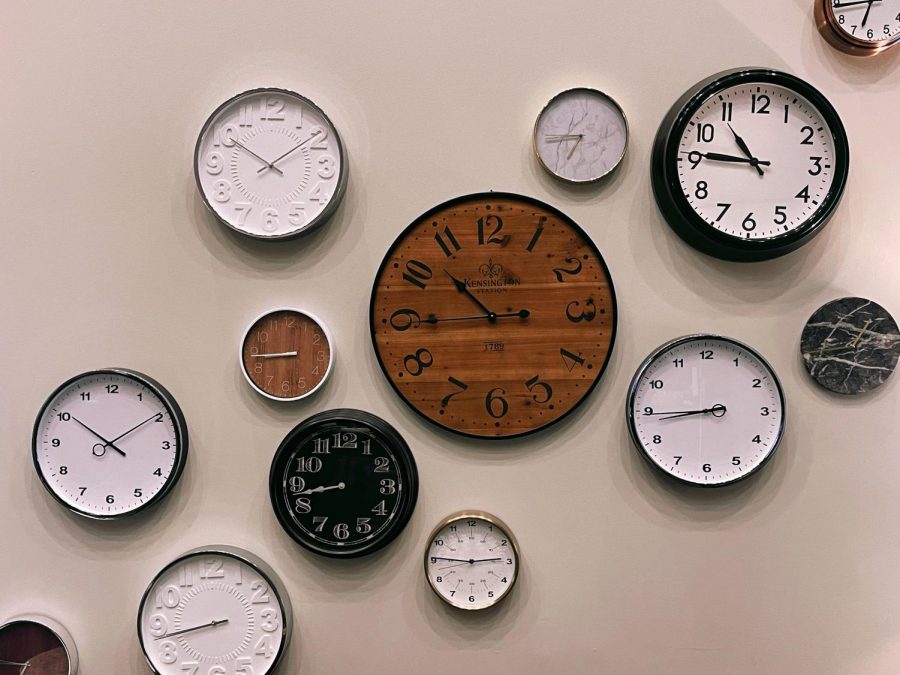Does Daylight Savings Time Affect Our Health?
November 17, 2021
On November 5th, 2021, Daylight Savings Time ended and we turned the clocks back one hour. Daylight savings time was first ever used in Thunder Bay Canada in 1908. The original intention was to save energy and make as much use of daylight as possible. The United States has been using Daylight Savings for decades, however Hawaii and Arizona opt out of it. Even though the Department of Energy states that, “the practice saves energy, prevents traffic accidents and reduces crime.”, sleep experts don’t agree and say it can take a severe toll on our health.
Whenever it’s time to change the clock, especially losing an hour, people are always tired. Your circadian rhythm, which helps regulate your sleep schedule, falls out of alignment when something like this happens. Sleep loss may not seem like a big deal for some people, but for others, maintaining a regular sleep schedule is crucial. For some people, sleep loss can put them at an increased risk for a heart attack, stroke, workplace injuries, car accidents, etc. A study in 2015 published in Sleep Medicine, found that the rate of strokes the week after Daylight Savings was higher. “They found the rate was 8% higher the first 2 days after the shift, and people with cancer were 25% more likely to have a stroke than during other times of year. People over 65 were 20% more likely.”
Many people think an hour loss or an hour gained of sleep doesn’t matter, but it can be harmful and difficult for us to adjust. When we “fall back” or gain an hour of sleep a lot of people think it’s harmless, however that can cause many problems as well. This can have a harsh effect on people with mood disorders. “One study showed that hospitals reported an 11% increase in depressive symptoms just after the fall time change. This may be a result of lost daylight, he says.” When we keep changing our sleep schedule, it isn’t good for our health, and our body may react in bad ways.
Sleep is one of the most important parts of our health. It improves how we learn, how we solve problems, and even our decisions. “Individuals who don’t get enough sleep are more likely to take risks because they perceive less consequence,” she said. “For example, a child in elementary school darts out into the road because they are more impulsive and less vigilant.”
Changing your sleep schedule and going back and forth can put anyone at risk. An hour more or less of sleep may not seem like such a bad thing, but it can have a severe impact on your health.
https://www.webmd.com/sleep-disorders/news/20211105/harmful-effects-of-daylight-savings


